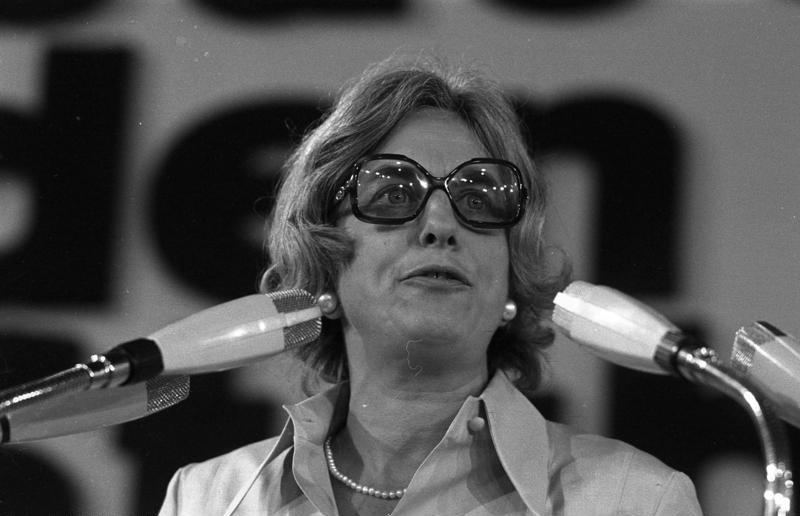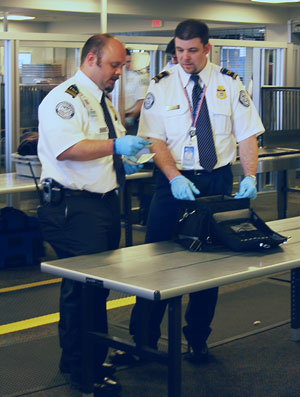
Thank you to every one who supported our SOLO group meeting last night. I know I enjoyed meeting new faces and catching up with old friends. It was great too, to have the stalwart services of our sponsors, Ian and Neil from Transglobal Payment Solutions to force a way to the bar for us.
We all enjoyed Judi Pike's presentation greatly. She tackled all interruptions gracefully and the audience was alert and interested throughout. I would have presented her with a bouquet of real flowers but they would have been a nuisance on the train so here is a virtual bouquet.
One question that was raised was whether the Company Name Adjudicator supplanted the Secretary of State's powers to direct a name change for a company name that is "too like" an existing one. The answer is they don't. An existing company can still use that facility. See the Companies House Guidance here. The power is currently under the 1985 Act but the Companies Act 2006 contains a similar provision under s 67 (1) scheduled to come into force on 1 October 2009. If any one has the relevant regulations then please add a comment.




